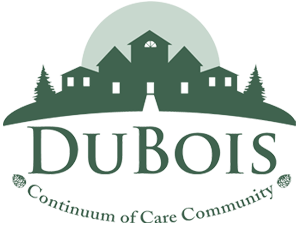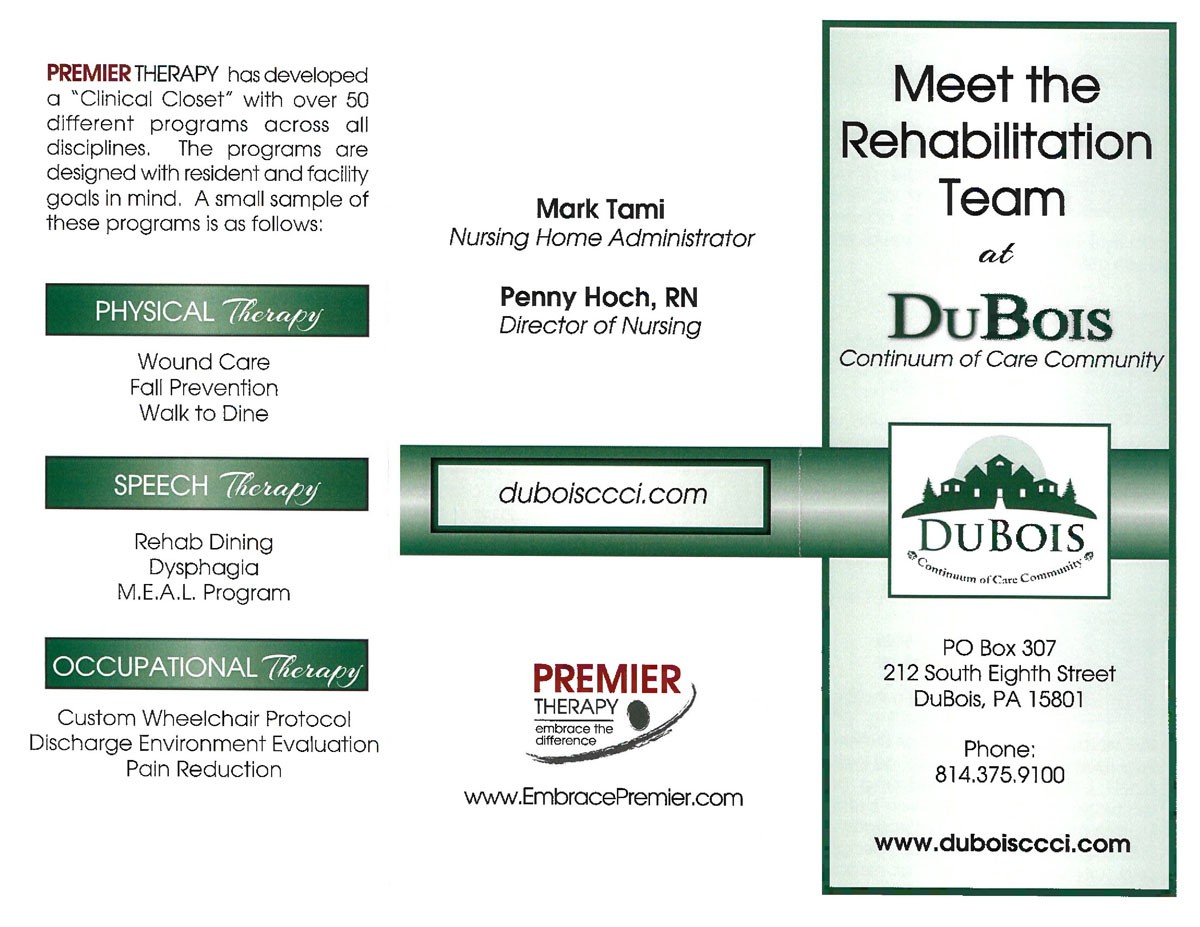Occupational Therapy Month
April is National Occupational Therapy Month
One of the hardest parts of aging is losing the ability to do simple everyday things. When people lose the ability to complete these tasks, they feel frustrated, confused, or embarrassed. Luckily, there are ways to help your loved one gain more control over their life. One of those ways is to work with an occupational therapist.What is Occupational Therapy
What an OT can do to help the senior population:
Overcome Struggles in Daily Activities
For seniors, partaking in normal daily activities such as walking, eating, dressing, etc., can become a large and exhausting task. When these daily tasks become frustrating, seniors may lose the inclination to participate in social gatherings, family outings, or hobbies, causing an increased feeling of depression and loneliness.
OT helps seniors find ways to make these tasks easier by restoring function, identifying compensation techniques, or adapting to the environment. OT helps patients improve their fine and basic motor skills, strength, range of motion, and dexterity. Even small improvements in these areas can make all the difference in completing everyday tasks.
Prevent Falls
Falls are the leading cause of fatal injury in older adults, so OTs focus on fall prevention with seniors. OTs work on restoring balance and building skeletal muscle mass, which can help keep their bodies strong and alert and decrease the risk of falls. Some seniors may stop doing the activities they enjoy because they fear falling, so learning methods to prevent falls can help them feel more confident and comfortable.
Cognition
OTs can assess and evaluate cognition and create a plan to enhance strengths and improve weaknesses. OT can help improve memory and make coping with memory loss a bit easier by:
- Engaging in memory-enhancing activities
- Adapting the environment to prevent wandering or injury
- Teach caregivers compensation techniques
Stroke Recovery
Strokes can cause complications involving vision, balance, speech and cognition, and partial paralysis. OT can help with these complications, and OTs can help stroke patients in multiple ways:
- Teaching patients one-handed techniques for opening packages, cooking, dressing, eating, etc.
- Providing equipment to help with activities of daily living
- Recommending adaptations for daily activities
- Treating swallowing difficulties
* Article information was compiled from https://www.NationalToday.com
When you subscribe to the blog, we will send you an e-mail when there are new updates on the site so you wouldn't miss them.



